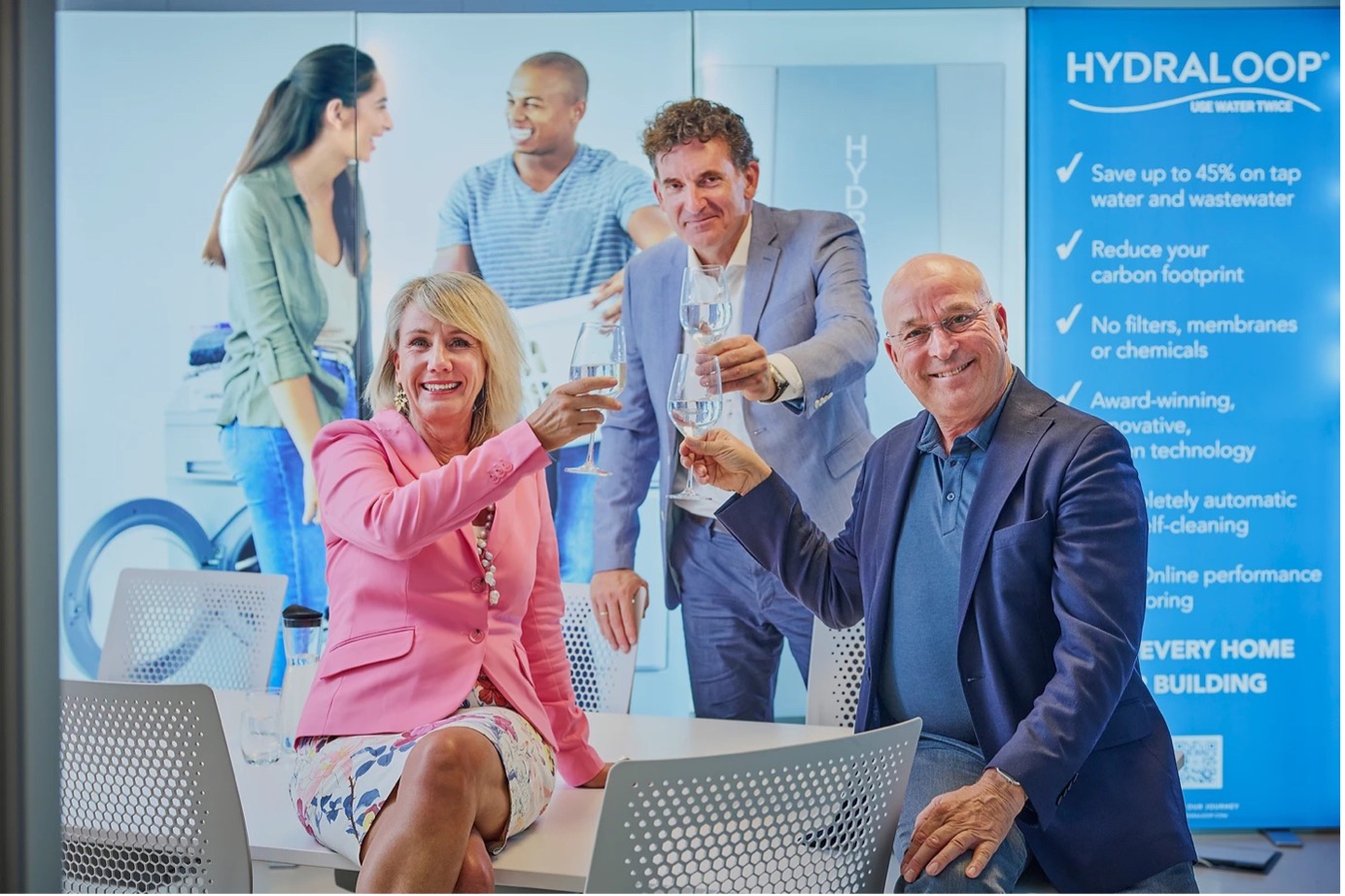3 minute read
Greywater Recycling in the Netherlands’ National Drinking Water Strategy
The Dutch government has laid out an ambitious plan to ensure the availability of drinking water and reduce pressure on drinking water resources.
Greywater recycling plays a crucial role in this plan, particularly in the household and new construction/renovation sectors.
1. Water conservation and behaviour change in households
- Greywater Recycling: In households, the focus is on using greywater (lightly contaminated water from sources like showers and sinks) for applications that do not require drinking water quality, such as toilet flushing and garden irrigation. This can significantly reduce drinking water consumption.
- Awareness Campaigns: The government is developing campaigns to raise awareness among households about the benefits and possibilities of greywater recycling. Through education and providing information on simple installations, households can be encouraged to implement these technologies.
- Promoting Technologies: The government is researching and promoting the purchase and use of water-saving technologies, including greywater recycling systems. This includes financial incentives and subsidies to lower the barrier for households.
2. New Construction and renovation
- Mandatory Greywater Systems: The government is seriously considering making greywater recycling mandatory in new construction projects via the Building Environment Decree (Bbl). This means new construction and major renovations would need to install systems that collect, treat, and reuse greywater for non-potable applications like toilet flushing.
- Research and Development: The government is conducting research into the health effects, cost-benefit analyses, and environmental impacts of mandatory greywater systems. This should lead to well-founded decision-making regarding the mandating of such systems.
- Regulatory Adjustments: The Drinking Water Decree may be adjusted to recognize greywater as an acceptable source for household water for certain applications. This would provide the legal basis for broader use of greywater in new construction and renovation projects.
- Example from Flanders: The implementation of greywater recycling in Flanders is being analyzed to draw lessons and adopt best practices, which can aid in its implementation in the Netherlands.
3. Business users
Although there is less emphasis on greywater recycling specifically for business users, water scans are being conducted to identify conservation opportunities, including the use of alternative water sources like greywater.
4. Monitoring and adaptation
Greywater recycling is part of the broader monitoring strategy to evaluate water conservation efforts. The effectiveness of greywater recycling in reducing drinking water usage is regularly assessed and adjusted as needed.
Conclusion
Greywater recycling is a critical component of the Netherlands’ strategy to conserve drinking water and ensure long-term water availability. By promoting and potentially mandating greywater systems in households and new construction projects, the government aims for more sustainable and efficient water use.
Do you want to read more about the role of greywater recycling in the Netherlands’ new National Drinking Water Strategy? Have a look at the original document on the Dutch government website.





